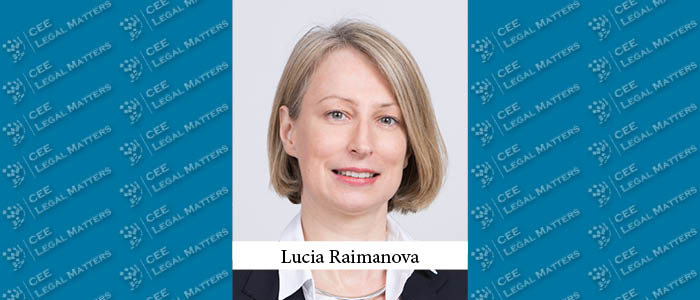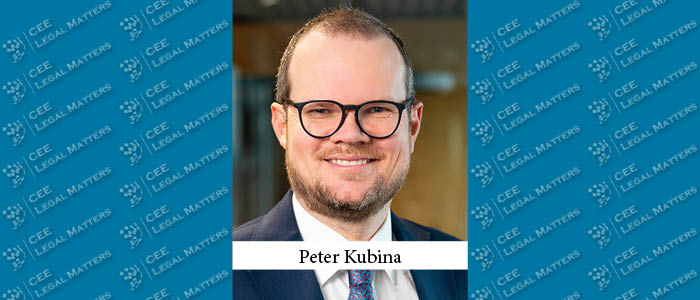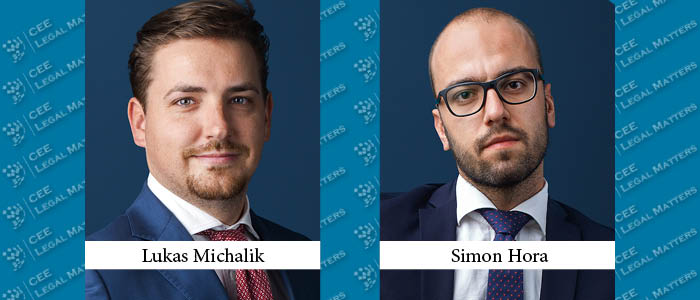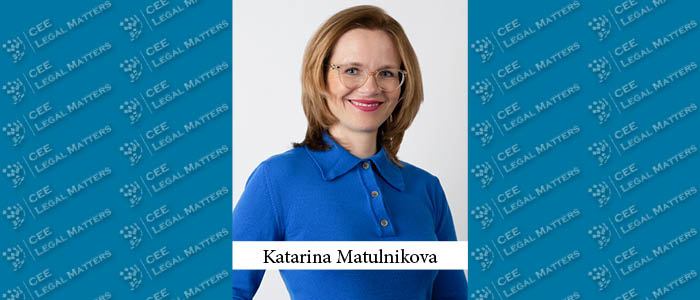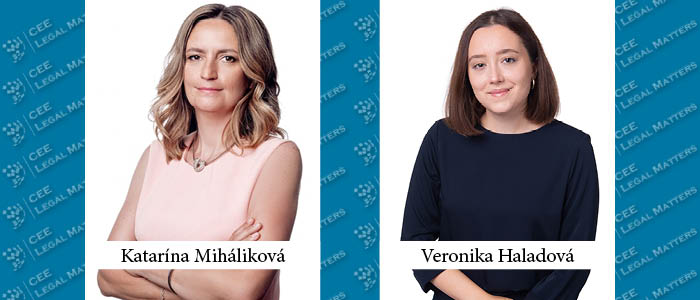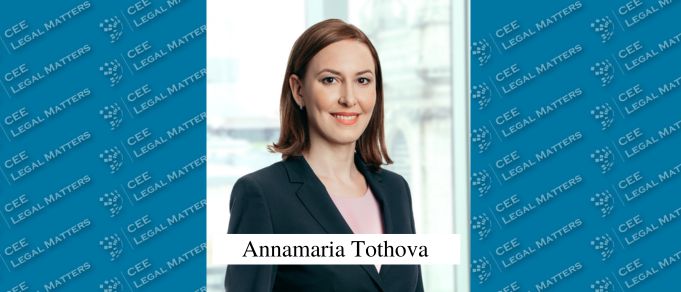An in-depth look at Lucia Raimanova of Allen & Overy covering her career path, education, and top projects as a lawyer as well as a few insights about her as a manager at work and as a person outside the office.
Slovakia's Contentious Autumn: A Buzz Interview with Peter Kubina of Dentons
The primary focus for most in Slovakia right now – and the talk of the town this season – is the upcoming elections. According to Dentons Bratislava Managing Partner Peter Kubina, the elections have led to the markets going into somewhat of a maintenance mode, yet things stand to pick up the pace again as autumn progresses, with litigious activities taking center stage.
Cerha Hempel Advises DiscoverIE Group on 2J Antennas Group Acquisition
Cerha Hempel, working with Snell & Wilmer and Burges Salmon, has advised customized electronics manufacturer DiscoverIE Group on its acquisition of Slovakia-based antennas manufacturer 2J Antennas Group.
Wolf Theiss Advises Korean IS Dongseo on BTS Technology Acquisition in Slovakia
Wolf Theiss, working with Bryan Cave Leighton Paisner, has advised South Korean waste management company IS Dongseo on its acquisition of Slovakia's BTS Technology.
Clifford Chance Advises Banks on Financing for Moravia Containers
Clifford Chance has advised Ceska Sporitelna and UniCredit Bank Czech Republic and Slovakia on their financing for the Oriens holding's Moravia Containers in relation to the acquisition of Steelmart. Havel & Partners advised the borrower.
Slovakia: Conditional Merger Clearances in Slovakia – Change of Trend or Anomaly
Despite the quite long-lasting existence of a legislative framework for conditional merger clearances and imposing remedies on undertakings, the Antimonopoly Office of the Slovak Republic (Slovak NCA) has not used this option for many years. We are, however, experiencing a change in the practice of the Slovak NCA. Are we experiencing a change of trend in conditional merger clearances in Slovakia?
Kocian Solc Balastik Advises Webglobe on eBola.cz Acquisition
Kocian Solc Balastik has advised web hosting company Webglobe on the acquisition of its eBola Czech competitor operating under the eBola.cz brand name.
Clifford Chance Advises on Refinancing and Recapitalization of KKCG Group's Technology Pillar
Clifford Chance has advised KKCG Group's Technology pillar on the complete refinancing of its existing bank indebtedness and the further recapitalization of its members, including those in Bulgaria, North Macedonia, Poland, and Serbia.
Deloitte Legal Advises Savino Del Bene on Entering Czech Market
Deloitte Legal has advised Italian logistics company Savino Del Bene on its acquisition of stakes in two Czech and one Slovak logistics companies operating under the Advanced brand, and its entry into the Czech market.
Clifford Chance Advises on Financing for CTP Industrial Parks in Slovakia
Clifford Chance has advised CTP on the financing for its industrial parks in Slovakia from a banking club including Erste Group Bank and Slovenska Sporitelna. White & Case reportedly advised the lenders.
Schoenherr, White & Case, and Karanovic Advise on E& Acquisition of PPF Telecom Bulgarian, Hungarian, Serbian, and Slovakian Assets
Schoenherr, working with Sullivan & Cromwell, has advised the Emirates Telecommunications Group Company – operating as E& – on its acquisition of a 50%-plus-one-share stake in PPF Telecom Group's assets in Bulgaria, Hungary, Serbia, and Slovakia. White & Case and Karanovic & Partners advised the PPF Group on the up to EUR 2.5 billion sale and the setup of a joint venture with E&.
Implementation of the EU Directives on Work-Life Balance and on Transparent and Predictable Working Conditions: Slovakia
The EU Directives on Work-life balance and on Transparent and predictable working conditions were introduced into the Latvian national legislation in August 2022 and brought about significant changes and obligations for the employers. What do they mean for businesses?
The Legislative Race Before Elections in Slovakia: A Buzz Interview with Katarina Matulnikova of Wolf Theiss
The upcoming parliamentary elections at the end of September are the talk of the town in Slovakia, with a slew of interesting legislative changes – including those covering whistleblowing, corporate restructurings, and construction – coming in before the buzzer, according to Wolf Theiss Managing Partner Katarina Matulnikova.
Practical Insight into the Application of the FDI regulation by the Ministry of Economy of the Slovak Republic
The Act No. 497/2022 Coll. on the screening of foreign investments and on amendments and supplements to certain acts, as amended, and Slovak Government Regulation No. 61/2023 Coll. establish critical foreign investments rules (the "FDI legislation"). In cooperation with the Ministry of Economy of the Slovak Republic (the "Ministry") we have prepared an overview of some practical issues in connection with the FDI legislation.
Majernik & Mihalikova and Sparring Advise on DealMachine's Seed Round
Majernik & Mihalikova has advised DealMachine on its seed round investment from Vision Ventures. Sparring advised Vision Ventures.
Proposed New Merger Rules in Slovakia
The Government of the Slovak Republic has introduced a draft law on the conversions of companies and cooperatives (the Draft Law) that implements EU Directive 2019/2121, amending Directive 2017/1132 with regard to cross-border conversions, mergers and divisions (the Directive).
Dentons Advises Farmak on Acquisitions in Czech Republic, Slovakia, and Ukraine
Dentons has advised Farmak on a series of acquisitions from a portfolio company of private equity house Novator.
Fast-Paced Developments and Lagging Legislation in Slovakia: A Buzz Interview with Annamaria Tothova of Eversheds Sutherland
Legal AI developments, the impact of whistleblowing legislation, and the potential for a shorter work week keep lawyers talking in Slovakia, while a slowdown in legislative activity has them worried, according to Eversheds Sutherland Partner Annamaria Tothova.

